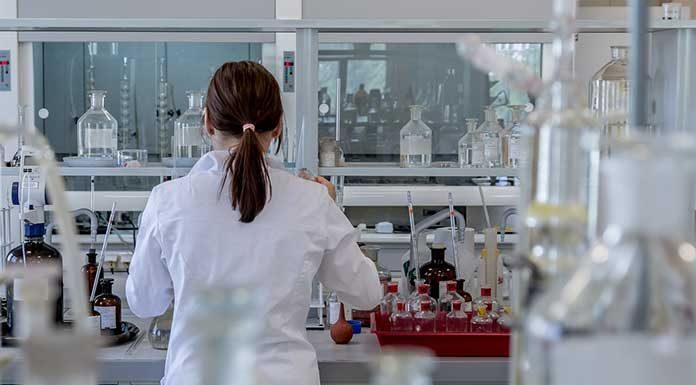Researchers at the University of New South Wales (UNSW) in Sydney, Australia, have used CRISPR gene editing technology to introduce beneficial natural mutations into blood cells to boost production of foetal haemoglobin.
The method could lead to new therapies for sickle cell anaemia and other blood disorders, says the university. The research solves a 50-year-old mystery about how these mutations — which are naturally carried by a small percentage of people — operate and alter the expression of human genes.
The details of the study, carried out by an international team led by UNSW scientist Professor Merlin Crossley, is published in the journal Nature Genetics.
Genome editing or gene editing give scientists the ability to change an organism's DNA. These technologies allow genetic material to be added, removed or altered at particular locations in the genome.
“Our new approach can be seen as a forerunner to ‘organic gene therapy' for a range of common inherited blood disorders including beta thalassemia and sickle cell anaemia,” said Professor Crossley, who is also UNSW Deputy Vice-Chancellor Academic.
“It is organic because no new DNA is introduced into the cells. Rather, we engineer in naturally occurring, benign mutations that are known to be beneficial to people with these conditions. It should prove to be a safe and effective therapy, although more research would be needed to scale the processes up into effective treatments,” he added.
People with thalassemia or sickle-cell anaemia have defective adult haemoglobin — the vital molecule that picks up oxygen in the lungs and transports it around the body — and require life-long treatment with blood transfusions and medications.
According to UNSW, it has engaged in a series of initiatives with the Indian government, higher education institutions, and corporations for sharing and transfer of its vast pool of tech expertise. This sets UNSW apart from host of other institutions that see India as a one-way street to train Indian students.
UNSW is home to more than 52,000 students from nearly 130 countries.







